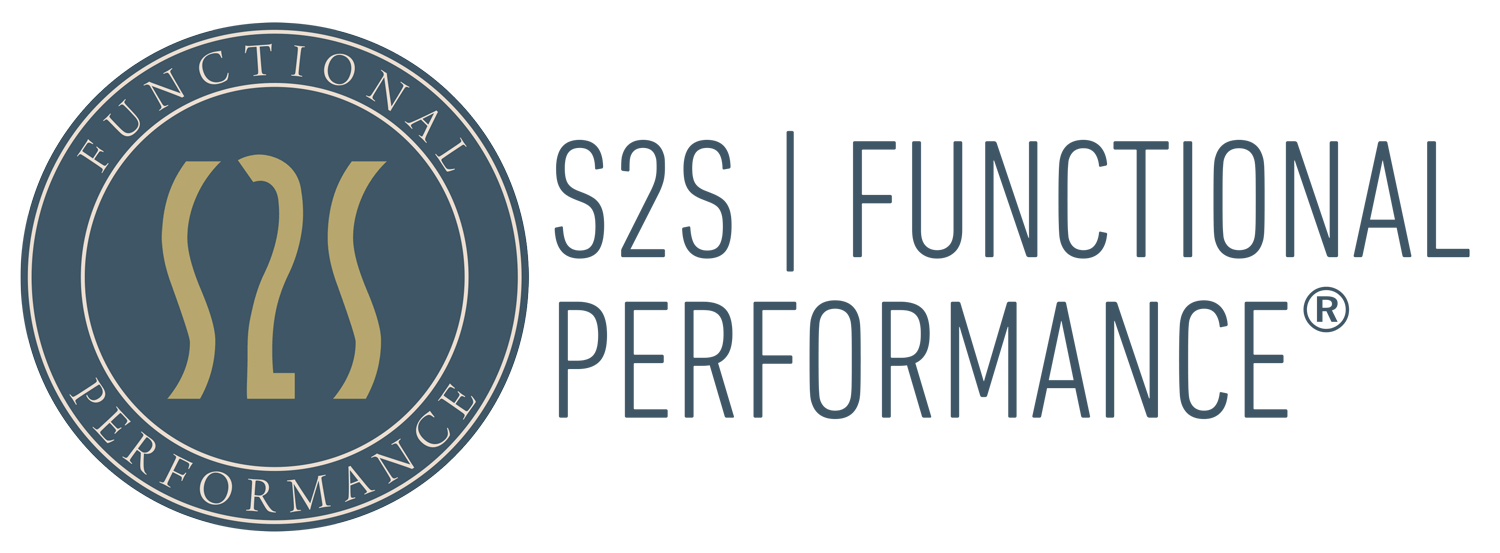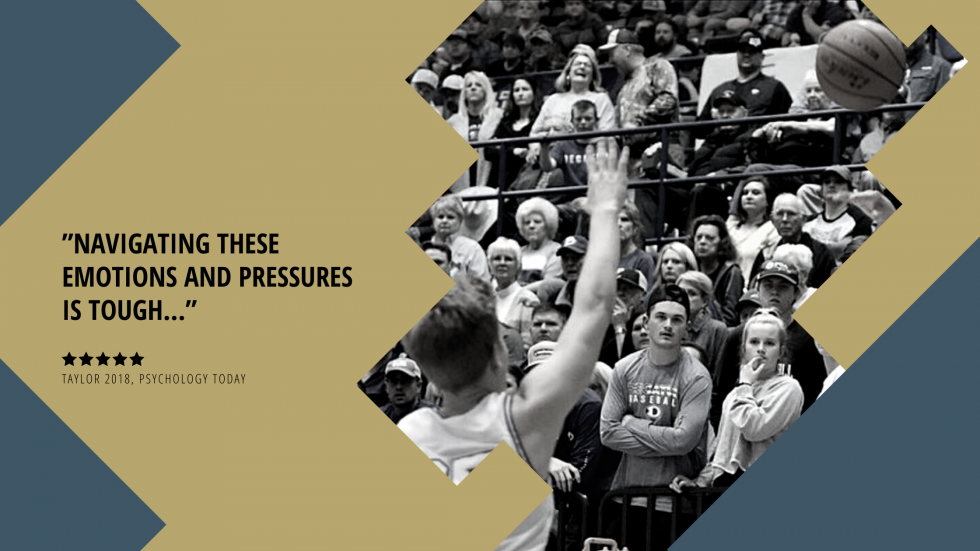For many families, children’s athletic activities are an important part of their daily lives. Practices, games, and additional conditioning sessions can become as routine as school pick-up and mealtimes. Children reap the benefits of these activities as they help both physical and mental development all the while teaching important lessons on teamwork, perseverance, and humility. While there are many positive emotions associated with sports, what happens when parents find it difficult to handle the performance and outcomes of their children’s sporting events?
There are many stressors present in sports that impact both athletes and parents. In many instances athletes are afraid of disappointing themselves, parents, coaches, and peers. Talk about pressure! In Psychology Today, J. Taylor, PhD states that this pressure and anxiety can cause some athletes to have challenges with performance, emotions, behaviors, and physical and psychological wellbeing. Navigating these emotions and pressure is tough even for adults and can be even more difficult for young athletes. (Taylor, 2018) Learning the appropriate responses and recognizing when we should step back and let our athletes handle things on their own is critical to their development and success.
As parents of athletes, we are trying to navigate our own stressors when watching our athletes perform. Fortunately, there are coping mechanisms that can be used to handle these stressors and ensure that as parents we are helping our children have the best athletic experience possible. So, what can we do?
- We can breathe! Deep breathing exercises can be done anywhere.
- We can have our own activities! While it is important for us to support our athletes, that should not be our sole focus.
- We can phone a friend! Having someone available to help us navigate our emotions, assist with transportation, and remind us when we get a little too excited!
- We can monitor our emotions! Our emotions can be contagious. Sometimes we need to tell our athletes that we love them and then support them from afar (the stands, not the sidelines).
- We can remind ourselves that the journey is just as important, if not more important, than the outcome. (Taylor, 2018)
Weekly games and celebrations of sporting milestones are an important part of our relationship with our athletes. However, these events are made even sweeter when you have the tools to healthily be a part of your child’s athletics and they know that you support them no matter the competition’s outcome.
By: Aimee Carrasco LPC
Interested in learning more about the licensed counseling services at S2S®? Schedule a visit today!
References
Taylor, Dr. J. (2018, Dec. 3) Sports Parents, We Have a Problem. Psychology Today.
https://www.psychologytoday.com/us/blog/the-power-prime/201812/sports-parents-we-have-problem

